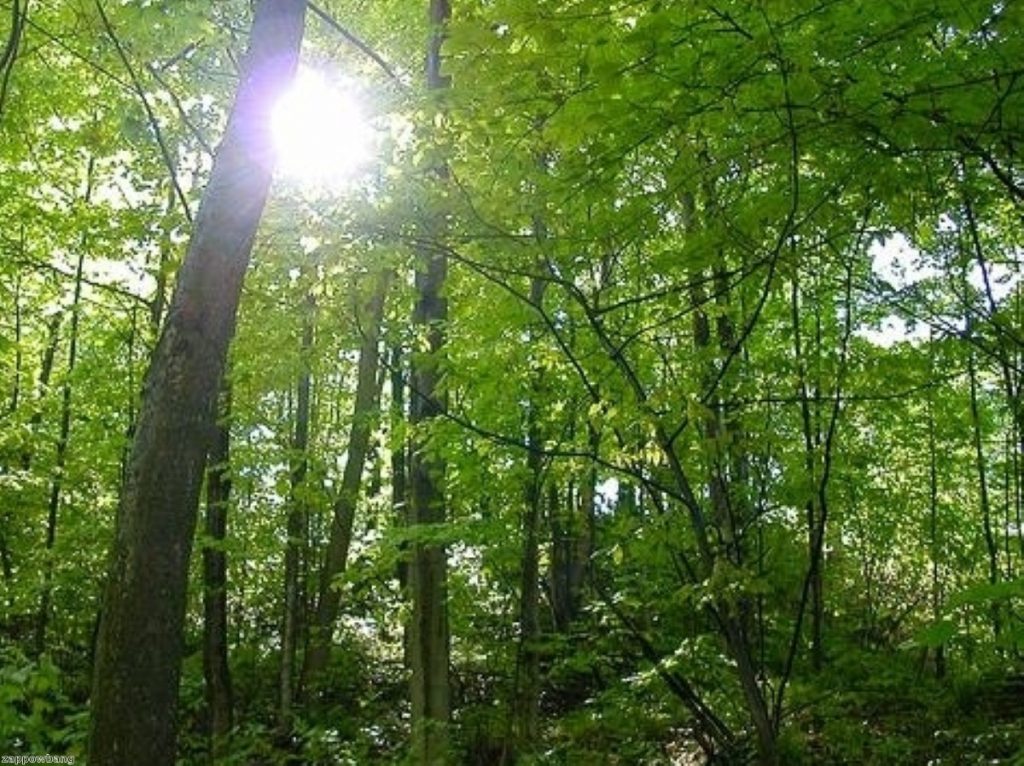Sketch: Green government and melting Brown
politics.co.uk went to see the main parties’ environment spokesmen, and the Greens’ man, argue it out in London.
By Sam Dale
After one debate Britain moved from two party politics to three; the Greens will have hoped that a non-TV debate in Westminster this morning will put them into the Big Four, like football teams chasing a Champions League spot.
And the Green party has shown its electoral ambitions by ‘modernising’, not mentioning the environment until page 33 of its manifesto, but the party’s man played down the chances of entering number 10.


“We’re not expecting to form a government,” claimed Darren Johnson with the straight talking realism that represents their ‘new politics’. But will they go the whole way and become climate change sceptics? Is this their clause four moment?
We were told the environment hustings, organised by ‘Ask the Climate Question’ were to start with a short video from each party leader. Fitting in with the Green’s ‘new politics’ a technical glitch meant their video was broken and their man Johnson would read a speech.
Quick to jump on the bandwagon the other three parties suffered technical glitches on their videos.
The host, the Independent’s environment editor, Michael Mcarthy, was quick to move on and asked for the first planned question from the audience. But there was no answer. Good start.
Then he called another name and we got a response and a question about additionality – whether aid for poor countries affected by climate change should come from the existing international development budget or additional funds.
The charitable Ed Miliband, Simon Hughes and Greg Clark were all very humanitarian, pledging additional money to affected countries. This kick-started the debate though, and it became an informative and interesting event with strong arguments and substantive disagreements.
Or so I thought.
“It’s boring,” said Ed when the Lib Dems questioned Labour’s record. “It’s what oppositions do,” seeming to forget he was in a debate. “Talk is cheap,” he said, “We’re the only party who has done anything about climate change”.
“That’s because you’ve been the government,” said the deferent Hughes, forgetting the Lib Dems have a chance of power this time.
Hughes and Clark were revealed to be old SDP buddies fighting together on the 1983 general election when they nearly overtook Labour, just like now, boasted Mr Hughes.
But it’s probably not a good idea to gloat about such a false dawn and less so to make a comparison, which basically admits the Lib Dem’s are forever doomed to also-rans.
After over an hour of listening to answers from planted questions there was no time for us to ask anything. Charming.
Finally, we were treated to the leader’s short videos which were a microcosm of the whole election.
First up, Nick Clegg, bright, energetic, stood in front of a yellow board looking like he’d just dried his hair from the morning shower. He gave us the usual “let’s try something different”.
Unfortunately for Labour, Gordon came up next. Sat in a darkened office with his face very close up to the camera, he had dark bags under his eyes and his face looked like it was melting. As per usual we got a policy and stats blitz, and I’d love to tell you what they were but my shorthand can’t keep up with his policy motor mouth.
Finally there was Cameron, who, after Brown, sounded like a child whose voice hadn’t broken. The Tory leader did his standard bit with, “let’s work together”, because I can’t be bothered on my own, and the ‘Big Society’ can solve everything, whatever that means. Then the Green member began his speech but everyone was already packing up. Perhaps a four-party system is a step too far.

